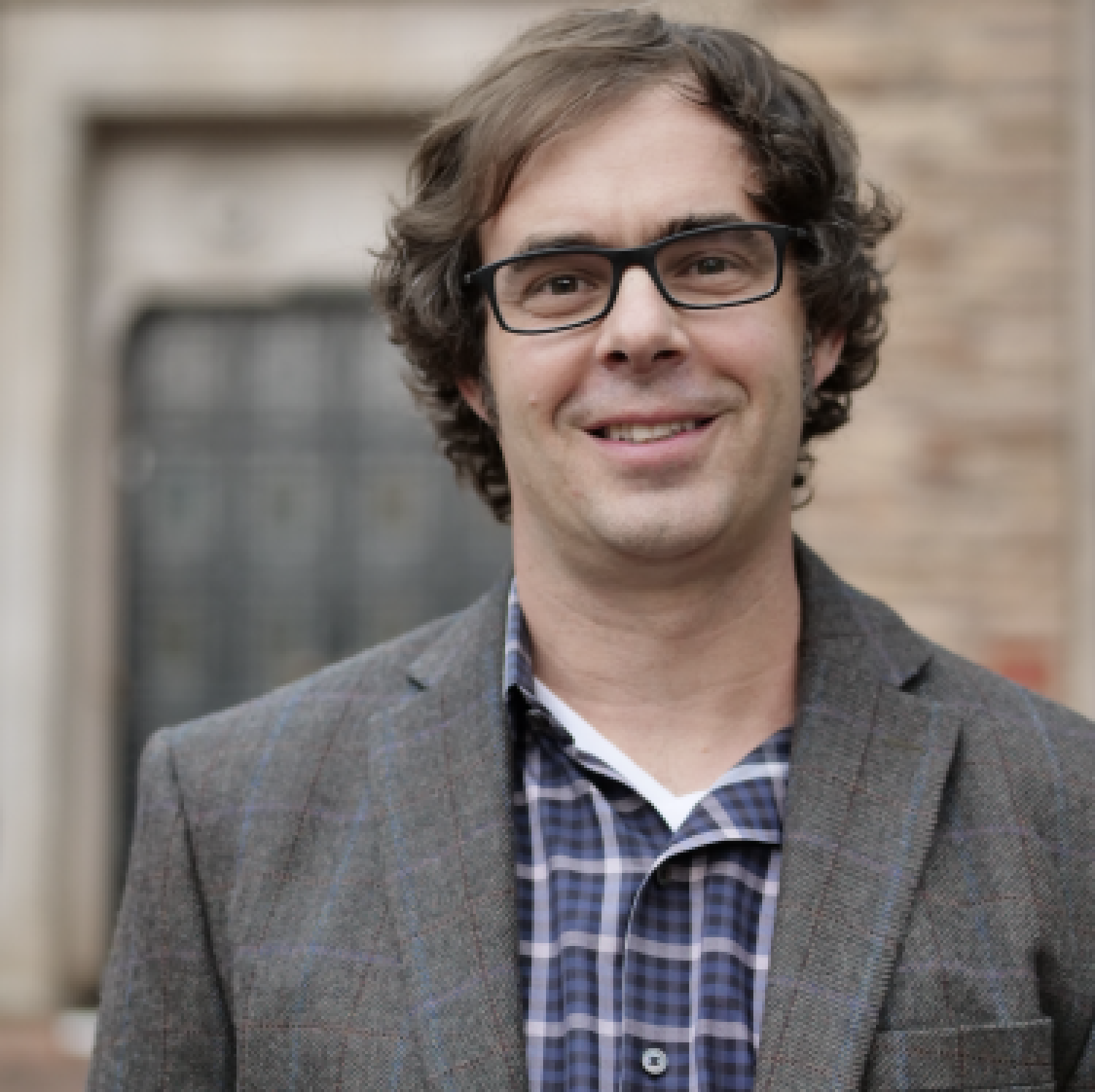CU Boulder historian Henry Lovejoy receives prestigious Mellon Foundation New Directions Fellowship

The Andrew W. Mellon Foundation honored CU Boulder history professor Henry Lovejoy with the New Directions Fellowship for his work on spatial statistical modeling of African Diaspora History.
Read article inColorado Arts and Sciences Magazine
Labeled a crime against humanity by the United Nations in 2011, the slave trade and its enduring legacy of bondage unfortunately continue to shape modern society through racism, discrimination and unconscious bias. Without knowing the individual stories of those who were silenced—where they came from, where they were taken—this part of our history of race and racism in the Americas remains a generalized story of mass atrocity, lacking details about the individuals as human beings. While historians have amassed data for 12.5 million people involved in the transatlantic trade between 1500 and 1867, scholars have not been able to piece together large, enforced population movements from specific places inland to slave ships at the coast. However, with new skills in Geographic Information Science, spatial statistics and computing, historians will be able to calculate probabilities of inland African origins—that is, fill in the cartographic void for the pre-colonial period—leading to a new direction: the application of spatial statistical modelling to African Diaspora History. With this fellowship, Lovejoy would acquire skills and training to build a framework for the reconstruction of demographic history, the impact of the slave trade and the relationship between political dynamics within Africa and external factors. With a GIS and programming certificate, along with additional spatial statistical modeling coursework at the University of Colorado Boulder, he will be able to develop a new project, “West Africa Historical GIS and Probabilities of Origins during the Slave Trade, 1807-1867,” into an innovative digital archive. This open source platform will give voice back to the enslaved African lives that mattered by synthesizing knowledge for pre-colonial places, instances of inland conflict, slave routes, digitized primary sources, historical imagery and slave ship departures on a temporal scale.

